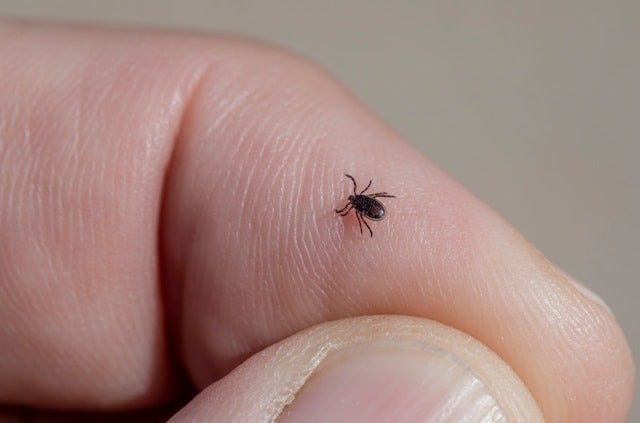
T2 Biosystems, Inc. (NASDAQ:TTOO), a leader in the rapid detection of sepsis-causing pathogens and antibiotic resistance genes, today announced that it has signed a non-binding letter of intent (“LOI”) to enter into a strategic partnership with ECO Laboratory, a Massachusetts-based clinical laboratory certified under the Clinical Laboratory Improvement Amendments (CLIA).
ECO Laboratory was founded by Karen Weeks, who has been at the forefront of Lyme disease research and testing for decades. She is co-author of extensive publications pertaining to tick-borne diseases, including The New England Journal of Medicine and The Journal of Infectious Diseases. While supervising the Virology Department at the Massachusetts Department of Public Health, and working directly with Allen Steere, MD at Tufts University Medical Center, Ms. Weeks developed the Lyme Antibody Capture Immunoassay, which remains one of the most sensitive serology tests available for Lyme disease. In 1990, Ms. Weeks co-founded IMUGEN, Inc., the premier laboratory for the diagnosis of Lyme disease and many other tick-borne diseases, which was acquired by Oxford Immunotec in 2016.
“We look forward to entering into a strategic partnership with ECO Laboratory and its founder Karen Weeks, who has significant experience and expertise in the Lyme diagnostic market,” stated John Sperzel, Chairman and CEO of T2 Biosystems. “Together, we plan to launch the T2Lyme Panel as a Laboratory Developed Test (LDT), for the detection or early Lyme disease, and build the premier Lyme testing laboratory in the United States.”
The T2Lyme Panel is a direct-from-blood molecular diagnostic test designed for the early detection of Borrelia burgdorferi, the bacterium that causes Lyme disease in the United States. Lyme disease is the leading vector-borne disease in America, with an estimated 3.4 million tests performed each year.
The current diagnostic process is a two-tiered antibody test algorithm that relies on the presence of antibodies and can only be used accurately four to eight weeks after infection. If left untreated, the bacteria may spread throughout the body and become much harder to eradicate and treat effectively. Although early symptoms of Lyme disease are similar to the flu, Borrelia burgdorferi infections can lead to chronic, debilitating disease. To address this critical unmet need, we have developed a highly sensitive diagnostic test for the detection of early Lyme disease, with an analytical sensitivity that is in line with our FDA-cleared sepsis tests. We believe our test will detect Lyme disease within the first 30 days after infection, compared to antibody tests that can take 30-60 days after infection. We are finalizing internal validation and verification, and we expect to be in position for a product launch during the third quarter of 2024.
The Company expects to announce details regarding the strategic partnership with ECO Laborator when the definitive agreement has been executed.






